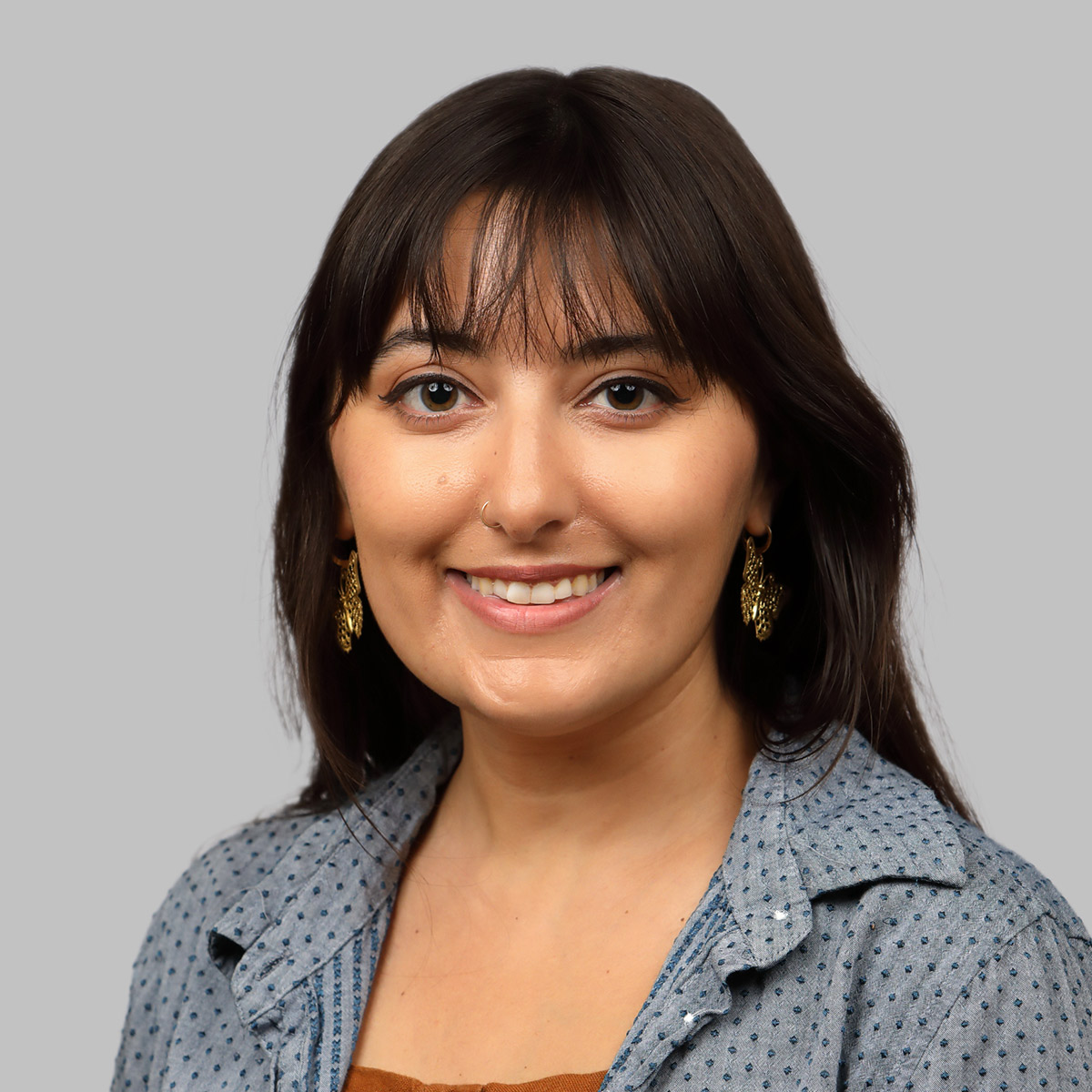Local environmental knowledge can create a more environmentally sustainable future, provide livelihood resources that economic insecurity otherwise removes, and assert the value of historically marginalized Indigenous culture, and it is at risk of being lost to younger generations in the Amazon. For this project, students will work with Indigenous Amazonian Runa (Kichwa) community members to document important plants and help build an ethnobotanical garden in the village of Venecia Derecha along the Napo River. This garden will tangibly preserve the ecological and cultural resources of locally important plants along with the relevant cultural information attached to these plants for future generations.
Students will spend their time collaborating with local Runa people in identifying and collecting plants on hikes through the rainforest, replanting plants in the ethnobotanical garden, managing the garden space, reforesting secondary rainforest, and compiling information for both informational signage and a corresponding ethnobotanical website. Students will become familiar with the most important plants used for food and medicine in Amazonian daily life. Students will hone skills in ethnographic and botanical data collection and have individual research project opportunities. In addition, students will spend some nights in a Waorani village accessible only by boat on the Nushino River. There, students will experience greater biodiversity density and new perspectives on the plants. They’ll also spend a day exploring sites in the Andean capital of Quito.
In the courses associated with this project, students will:

Students will experience the real Amazon rainforest while participating in a collaborative project that implements culturally and contextually relevant responses to environmental degradation and globalization threatening Indigenous Amazonian peoples’ livelihoods.
Students are required to sign up for six hours of credit. The registrar will enroll you in courses for your program, including one class from each of the program's faculty.